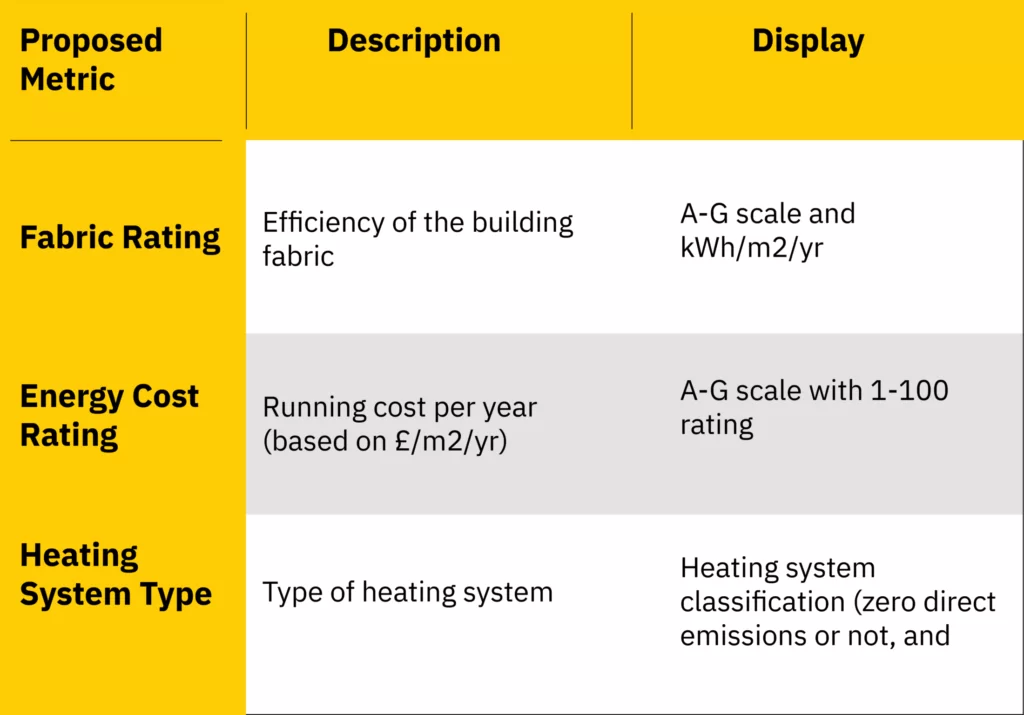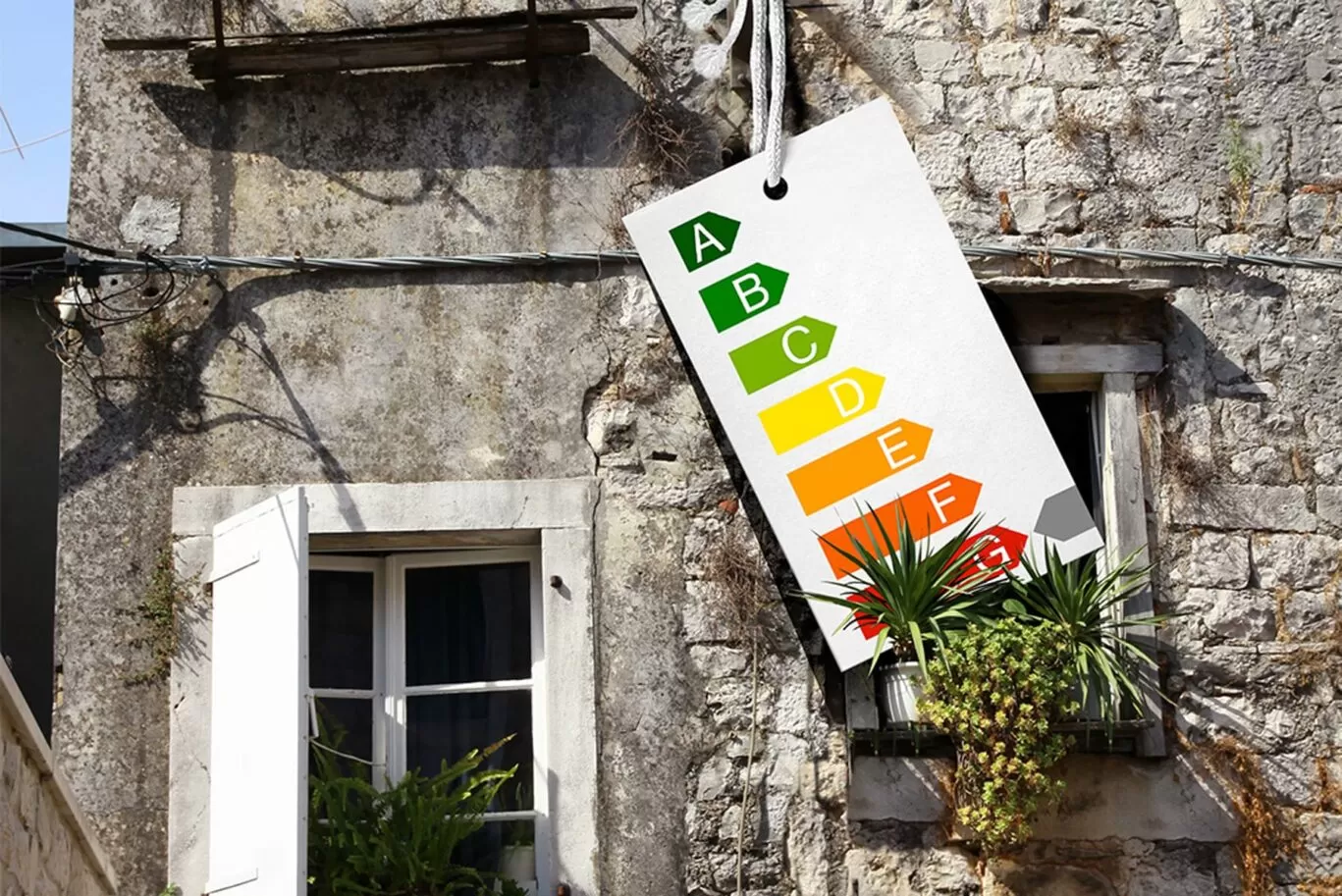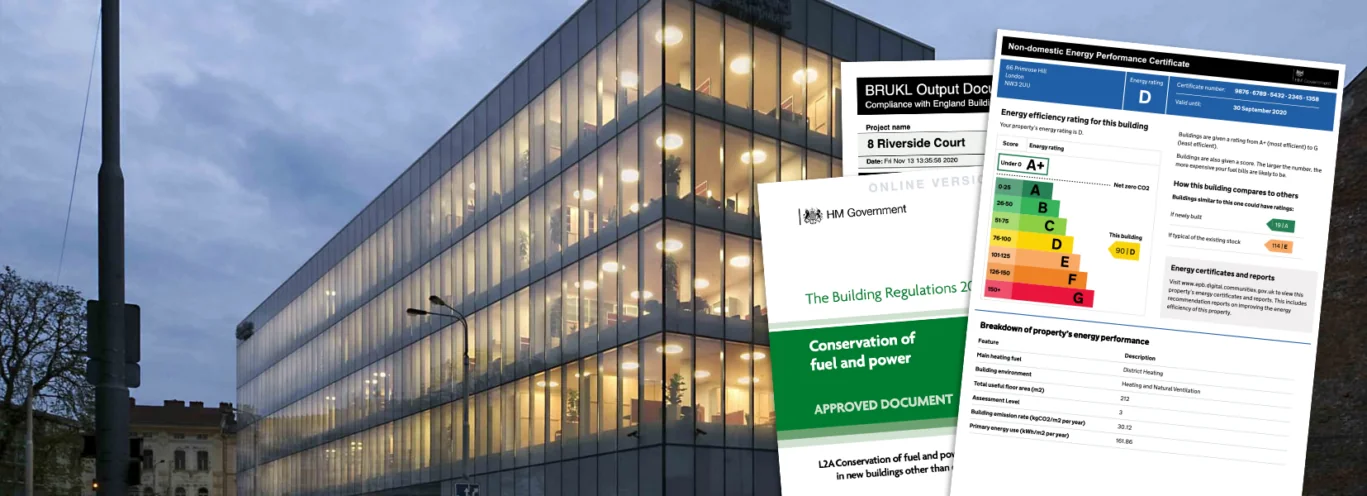The Scottish Government has recently proposed major changes to EPCs. In light of ambitious Net Zero goals and fast-approaching efficiency targets, Scotland is eager to target the energy efficiency of its built environment. Homes and workplaces account for nearly a fifth of Scotland’s total greenhouse gas emissions! Thus, improving the energy efficiency of these buildings will be a key step towards a greener future.
The Energy Performance Certificate is of course an instrumental element of this reform. It is the method by which houses and workplaces are assessed. Also, energy efficiency recommendations are made through these reports. This is exactly why the Scottish government is proposing some specific changes to the EPC. These changes have been designed to support the country-wide move towards the roll-out of superior fabric insulation, and more efficient heating systems in homes and workplaces.
A number of adjustments have been suggested in the recent consultation. These include:
- reforming EPC metrics
- reducing the validity period of EPCs
- changing the EPC format
Reform EPC Metrics
The proposed reforms are intended to further support the transition to Net-Zero, and more accurately reflect the fabric efficiency of a home. Namely, they have considered CCC guidance and decided to introduce three headline metrics:
Fabric Rating
Cost Rating
Heating System Type
The following table provides a summary of the new proposed metrics.

Reducing the validity period of EPCs
Both in Scotland and in England, there has been a call for the validity period of EPCs to be reduced for some time now. In light of this and other factors, the new proposal suggests reducing the validity period from 10 years to 5 years.
The EPC format
One of the primary suggestions around the EPC format reformations is that it is to be moved from PDF to an online website format. England has previously made this change, turning EPCs into live documents rather than static PDFs. Also, the proposal aims to adjust the format of EPCs to make it easier to follow up on suggested improvements as well as improve data access provisions to allow more effective use of EPC register data.
You can find out more about the proposal by reading the ‘Energy Performance Certificate (EPC) reform: consultation.’
Domestic Energy Assessment continues to be a hot topic in Scotland and throughout the rest of the United Kingdom. These changes could spell big steps for this ever-evolving industry. If you would like to look into a career as a Domestic Energy Assessor, please consider taking one of Energy Trust’s professional training courses. Book your space online, or call us on 0333 012 0002 to find out more.



















